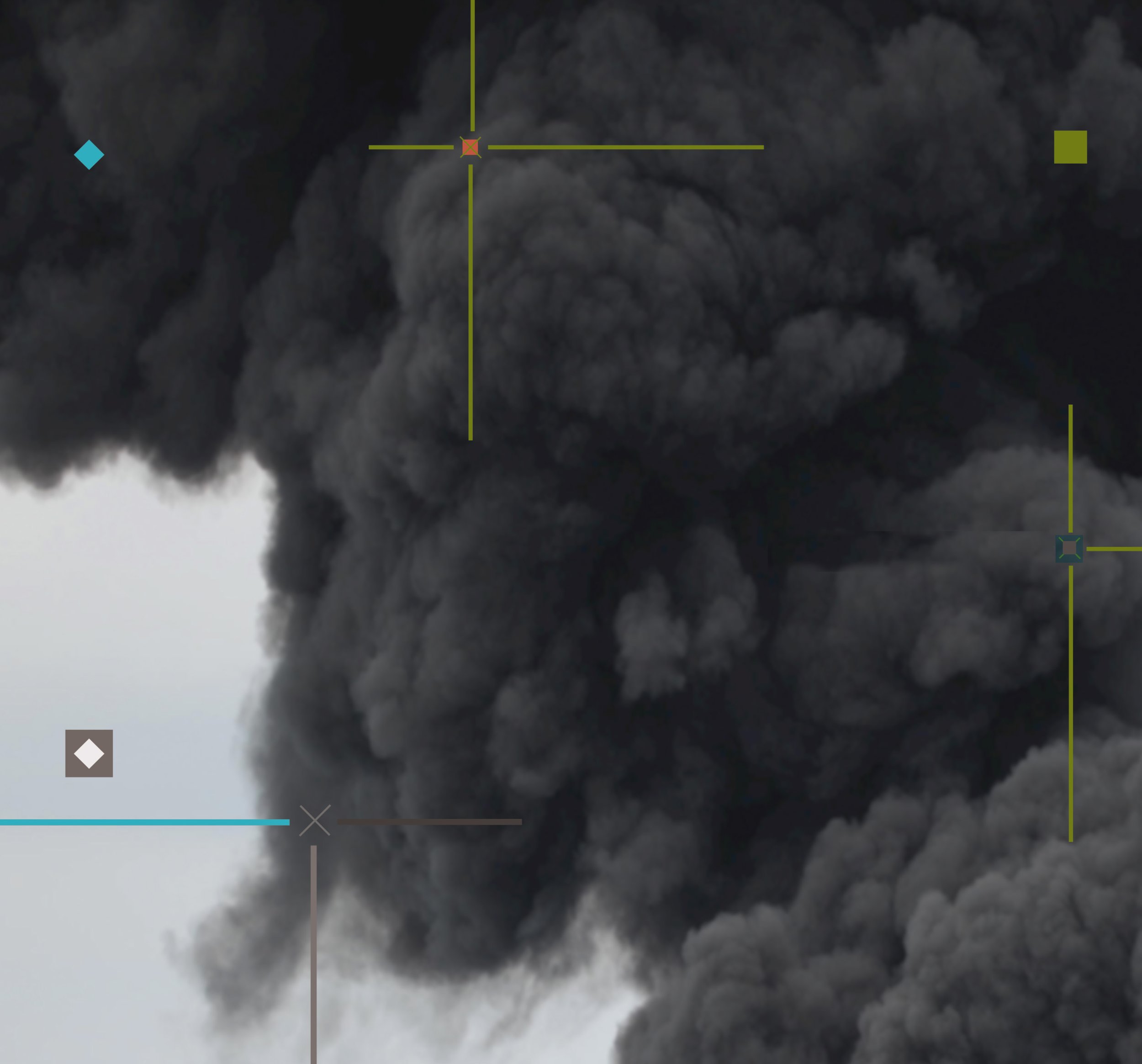
VASYL HOLOBORODKO
Vasyl Holoborodko was born in Adrianopil, Luhansk oblast, in 1945. In 1965, due to his alleged anti-Soviet views and refusal to cooperate with KGB, Holoborodko was expelled from the university. His work was banned from publication in the Soviet Union for the following twenty years. The indictment also meant that he had severely limited employment opportunities. From the time of his indictment and through the period of Perestroika, Holoborodko had worked as a miner, builder, and farmer. In 1988, with the change in the political climate, Holoborodko published several collections of poetry and was able to resume his university studies. His work has been translated into English, Portuguese, Polish, German, and other languages. Holoborodko is the recipient of several prizes, including the Shevchenko Prize, the top national literary award in Ukraine.

From the Translator
Svetlana Lavochkina, author of ZAP
In Vasyl Holoborodko’s artistic vision, detail is magnified to an extreme. Seemingly unrelated to war, his cats, trees, footprints are zoomed-in until the stark neutral imagery looms and pulses in the reader’s mind. On display is the whole spectrum of feelings and emotions: hope, anxiety, grief, and longing. The lyrical narrator flees his native village in the shape of a dandelion seed – exploiting the themes of restoring the destroyed land and finding new balance for a soul singed by war. National identity in Holoborodko’s poetry is not only spiritual but intensely physical, featuring Ukrainian mythical locations.
“We are all outcasts from the Eden of our childhood, and all the time during our adult life we think about that paradise and the impossibility of returning to it,” Vasyl Holoborodko says. “It would be wrong to think that “No Return” was written about some real place I cherish, although this is also a hidden component of the poem. In “I Pick up My Footprints” this theme of impossibility is developed – something left behind in the past never disappears but continues its existence - later in life. Often, this paradise does not remain in the state we remember; its existence is threatened by other circumstances and people. Jeopardy accompanies us always, and rescue can come in many guises. The safest way of saving one’s private Eden is escaping it, even in the shape of a dandelion seed. Recently, jeopardy has manifested itself in gross, absurd ways – warfare that endangers existence physically. Regarding these events in a broader context, not only individuals but their whole culture is put at stake. Those who die defending their cultural kingdom make up the mythical Serpent Walls that defend our Ukraine and its customs.”
It takes one false stitch to tear the fine musical lace of Vasyl’s words. Sometimes the decisions made are visceral, not easily explicable in logical terms. For example, the giant mythical fortress protecting Ukraine from invaders, “Змійові вали” is traditionally translated as “Serpent Walls”. However, this name does not fit the texture of the poem, so I rendered it Dragon Hillforts – probably because “dragon” is a creature mightier and nobler than a serpent, and “hillforts” with its two syllables and short vowels, illustrates the gradual, laborious emergence of the walls.
Translating Ukrainian poetry into English is about creating a bridge between a compact, tangible, Ukrainian microcosm and the vast open spaces of the English; translating Holoborodko’s poetry in particular is about microscopic fine tuning, choosing the most accurate English word from the vast array of possibilities his ostensibly easy diction suggests.
